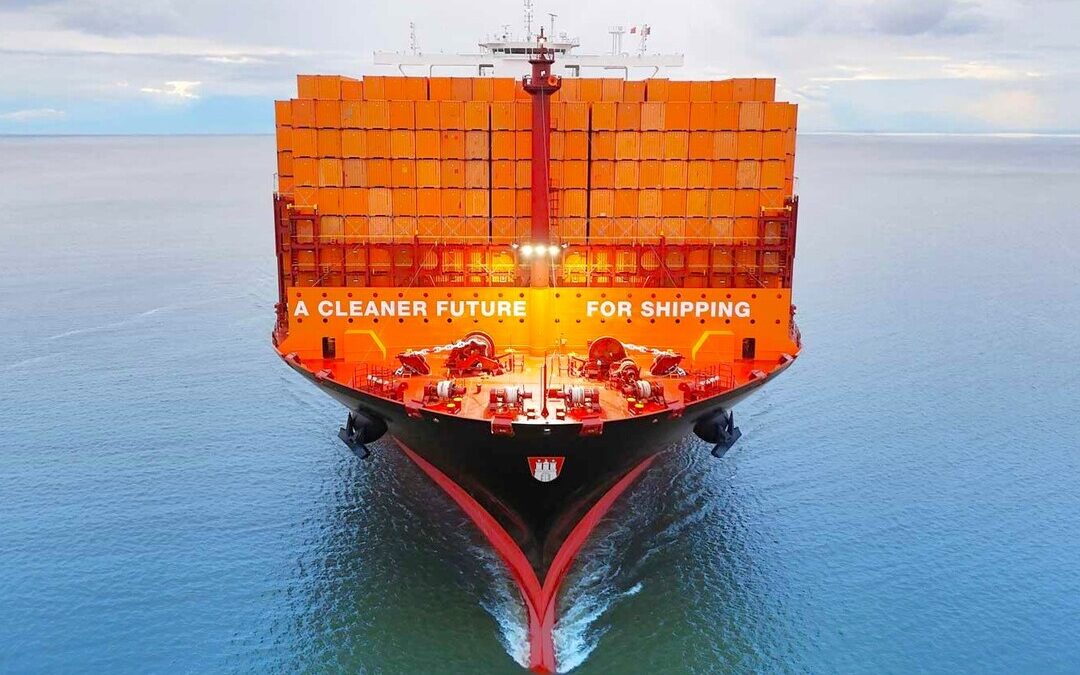DHL Global, Hapag-Lloyd Sign 3-Year Deal to Cut Shipping Emissions
DHL and Hapag-Lloyd expand use of biofuel to cut shipping emissions and accelerate supply chain decarbonization.
DHL Global Forwarding and Hapag-Lloyd have signed a three-year framework agreement to expand the use of sustainable marine fuels, marking a new step toward decarbonizing global supply chains.
The agreement includes Scope 3 greenhouse gas emission reductions through the deployment of second-generation biofuels.
The first order, completed in July, delivered a 25,000-ton ca reduction on a well-to-wake basis. The biofuels are produced from waste and residue feedstock, underscoring the firms’ commitment to sustainable shipping.
“This three-year framework agreement is a crucial step toward a decarbonized shipping industry,” said Casper Ellerbaek, head of global ocean freight at DHL Global Forwarding. “Partnering with Hapag-Lloyd empowers our customers to achieve their climate goals.”
Book-and-Claim Approach Gains Momentum
The partnership also promotes the use of the book-and-claim mechanism, which allows emission reductions to be claimed independently of the actual fuel use. This system enables customers to report Scope 3 reductions while helping overcome the limited supply and higher cost of sustainable fuels.
“We are delighted to complete this order with DHL,” said Danny Smolders, managing director of global sales at Hapag-Lloyd. “Together, we are building real momentum to decarbonize supply chains.”
Ambitious Net-Zero Goals
Hapag-Lloyd aims for net-zero fleet emissions by 2045. DHL targets net-zero greenhouse gas emissions by 2050. Both companies see offering greener logistics as central to these goals.
DHL’s GoGreen Plus products, built on the book-and-claim approach, allow customers to reduce Scope 3 emissions from transportation and distribution. The products also help firms with voluntary reporting against decarbonization targets.
Hapag-Lloyd, meanwhile, has used second-generation biofuels since 2020. Its Ship Green service, introduced in 2023, enables customers to claim emissions reductions through biofuel blends.
By working together, DHL and Hapag-Lloyd said they are accelerating the transition to sustainable shipping despite fuel availability and cost challenges. The companies expect their collaboration to drive broader adoption of low-carbon marine fuels across the industry.
Also Read:
Wan Hai Lines Charts a New Course Toward Sustainable Sailing with Biofuel
Nirmal Menon
Related posts

Subscribe
Error: Contact form not found.


